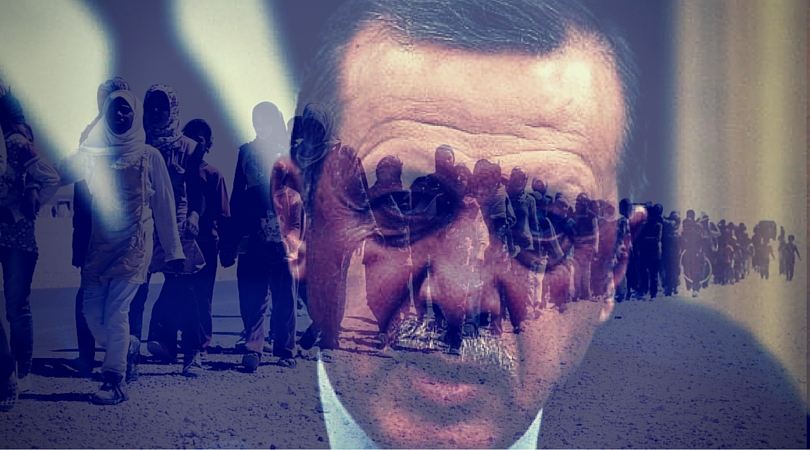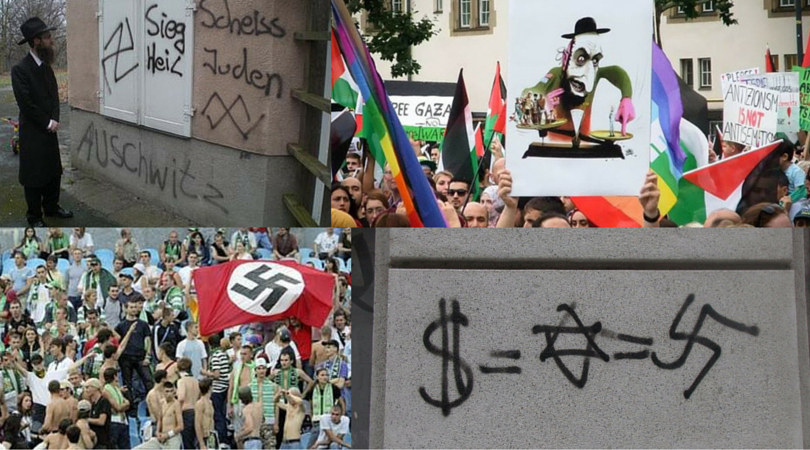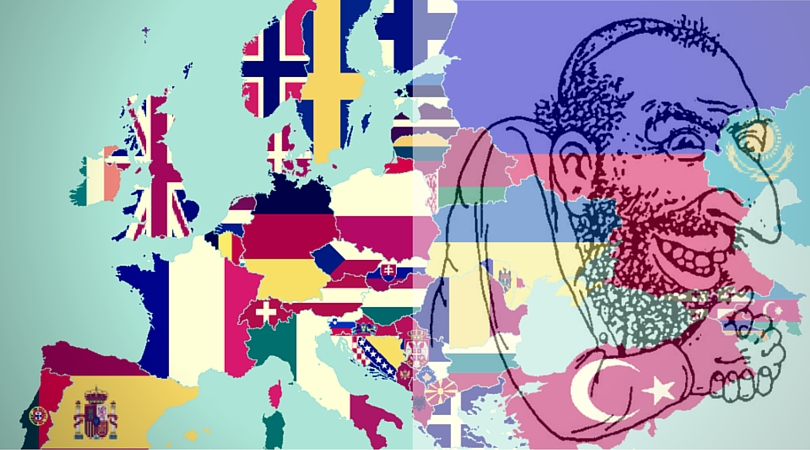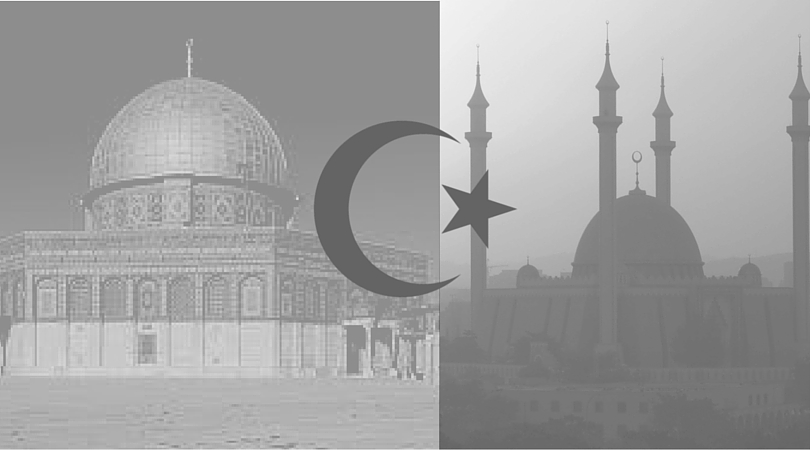As was reported previously, the real fun is about to begin for Europe. As the refugee crisis continues to turn worse in Western Europe, Erdogan has begun to use it to extract more and more money from European coffers. If the EU does not do what Erdogan says, he will unleash the hordes of Syrian refugees and migrants looking for a way into Europe that are now in Turkey.
“Ask them [the EU]. Did you pay? But Turkey still hosts 3 million people. What would Europe do if we let these people go to Europe?” Erdogan asked, according to EU Observer.
Essentially, Erdogan is confirming, that unless the EU pays 3 billion Euros that was promised in the deal, he will allow these Syrian refugees to overrun Europe.
The EU agreement with Turkey was meant to hault refugees from reaching Turkey’s neighbor Greece thus entering the EU’s Schengen zone. The Schengen zone is where free cross-border travel is permitted. Part of the agreement was the EU’s agreement to accelerate Turkey’s EU accession process.
The amount given so far to Turkey is one percent of the total that the EU pledged to give to Turkey in exchange for greater help in blocking the westward flow of refugees, mostly Syrians, from entering the heart of Europe.
Essentially Erdogan’s whole goal is to extract from Europe more and more money, by holding the catastrophic threat of millions of refugees inside Europe over their heads. With the recent attacks in Germany and France, most EU members will opt to cave. If they do, don’t expect Erdogan to kep quiet for long. Afterall, the goal is to create the same sort of chaos in Europe as Erdogan and Turkey has in Syria and Iraq. Their assumption is that they not only will be able to take advantage of it, but control the chaos. The problem is they believed the same thing in supporting ISIS, but now their creation has grown a mind of its own.





